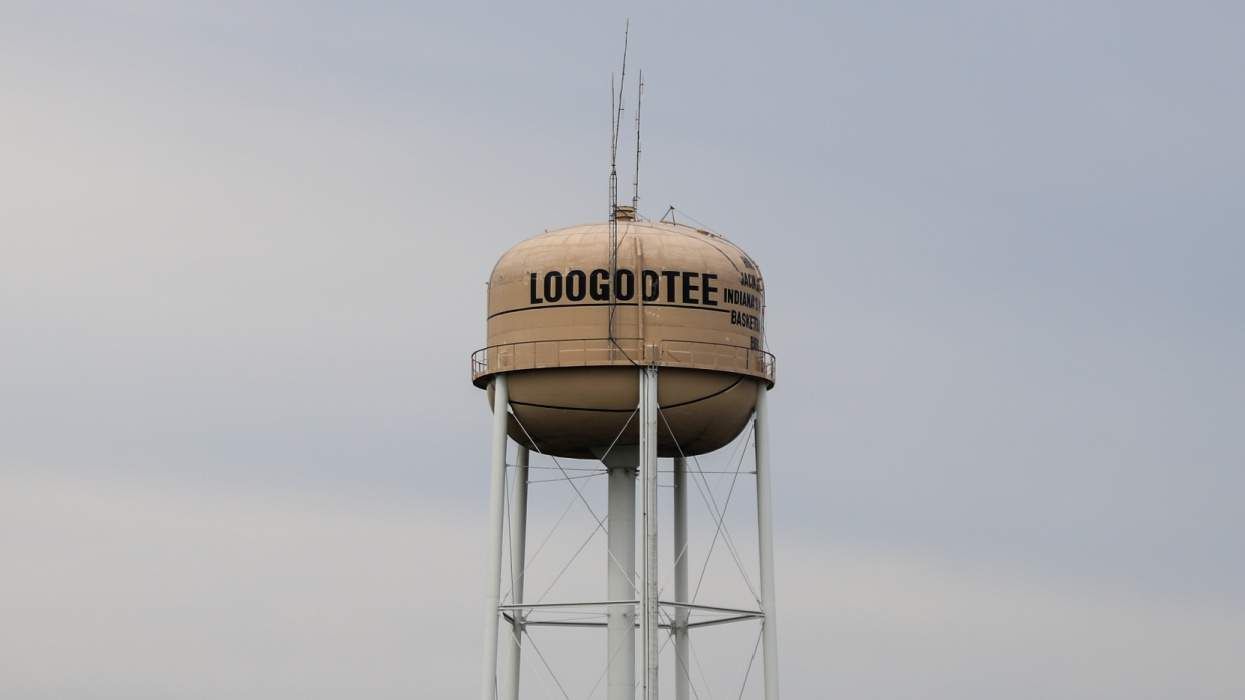Pride celebrations have been canceled worldwide due to the COVID-19 pandemic. Pride was in for a reckoning before social distancing and now is our chance to ask ourselves what is pride? Why is it important? How do we achieve pride in ourselves and how can we use it to help our community?
Our marches used to be bellwethers of what was happening for our community. Now they aren't. You can't tell from the overwhelmingly festive parade tones that there is a very real war being waged on our community right now, especially on the trans community and trans youth. This June, we have the opportunity to seek out Pride away from the childlike rainbows that have lulled our community into complacency.
As a gay man, I have always been proud and angry. These feelings are not contradictory; they are the flip side of the same coin. In fact, it's my pride that fuels my anger. We are not treated the way we ought to be, the way we deserve to be.
Fifty-one years ago, resistance sparked our march for liberation and we must not lose that imperative. My first Pride March was in June 1984 during another plague. The march was part protest, part collective mourning. Back then Pride was one day a year, the last Sunday in June, and we would try to take those moments from the March and make them last. To extend our feelings of brazenness throughout the year, to pepper them into our days once the floats, banners and fists disappeared. We'd strive to keep our activism simmering. How long could we keep wearing our pink triangle buttons even after our reinforcements went home? It was clear it was going to take purpose, intention, and discipline to live our lives against all odds - it would take pride.
Pride is not accepting things as they are.
Pride is demanding our rights, knowing they aren't granted to us. Nobody has the power to hand out rights; they can only block and deny them. If we truly have pride in ourselves, we must be single-minded voters this November and make our issues central to whomever we pull the lever for. We must do so at every election for every office, from Board of Education to President of the United States.
Pride is activating our otherness. Not to soften the edges, not to find the ways to fit in or to pass. It is to double down, to exploit and to expose all those parts of ourselves that are other. Those elements of otherness are our deep well of creativity and divinity. Our answers reside in our singularity and difference. By amplifying our otherness, we unlock our promise and potential. We unleash our pride.
Pride is coming out when you can, where you can, if you can. The shame would be in not attempting to fulfill your destiny.
Pride is how we treat each other. Knowing that we all thrive and strive together, rise and fall together. Express yourself fully and unapologetically, and celebrate others being themselves and all of themselves. Think about whether being at Pride events are the one time a year you are with other members of our community. How often, besides the last Sunday in June, are you engaged with a diverse group of our community? Take pride that intersectionality is our strength.
Pride is knowing that you are culturally connected to our agitators, our prophets, our artists: Marsha P. Johnson, Sylvia Rivera, Frank Kameny, Barbara Gittings, Bayard Rustin, Audre Lorde, Peter Staley and Larry Kramer, who we just lost and who's angry activism changed the world, saved lives and inspired a generation to enrage and engage. Learning about them will help build your own pride.
Pride is reinforcing the foundations of our community by shopping at gay-owned and gay-operated businesses; seeking out our news and stories from LGBTQ outlets and journalists.
Pride is our responsibility to those behind us, to clear a safer path for them. If we are intent on using these blindingly positive rainbows flags, let them be a beacon to show how to find us, where belonging can be found.
You don't have to feel prideful every day. You don't have to be brave every day. Part of being in our community is relying on it as a safety net; lean on our strength when yours is flagging. Pride can be just an intention and that in and of itself is an achievement. Don't beat yourself up if you don't feel all prideful all of the time. Building it is incremental, it can ebb and flow and that's okay.
Most importantly, Pride is the celebration of the blessing it is to be LGBTQ, the time for us to give thanks for this extraordinary gift.
This June, let's activate the pride within ourselves, use our pride to improve the lives of others; so next year, when we wave our pink triangles and rainbow flags, we wave what we mean and mean what we wave.
Richie Jackson is the author of Gay Like Me: A Father Writes to His Son, published by HarperCollins. He is an award-winning Broadway, television and film producer who most recently produced the Tony Award-nominated Harvey Fierstein's Torch Song on Broadway. He executive produced Showtime's Nurse Jackie for seven seasons and co-executive produced the film Shortbus, written and directed by John Cameron Mitchell. He and his husband, Jordan Roth, live in New York City with their two sons.















Charlie Kirk DID say stoning gay people was the 'perfect law' — and these other heinous quotes
These are some of his worst comments about LGBTQ+ people made by Charlie Kirk.